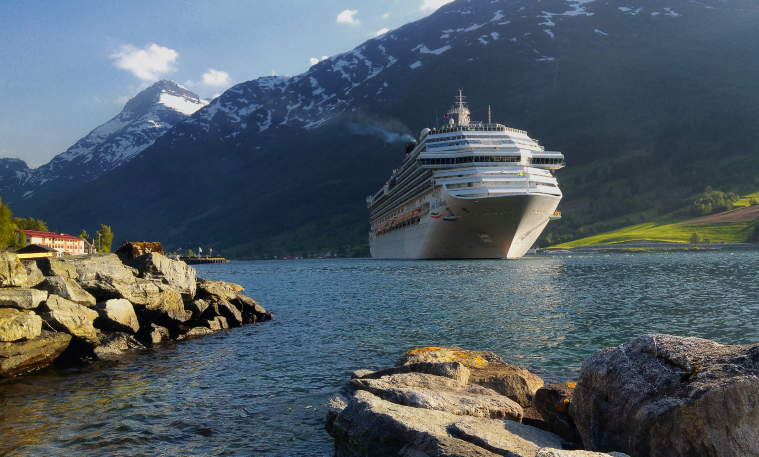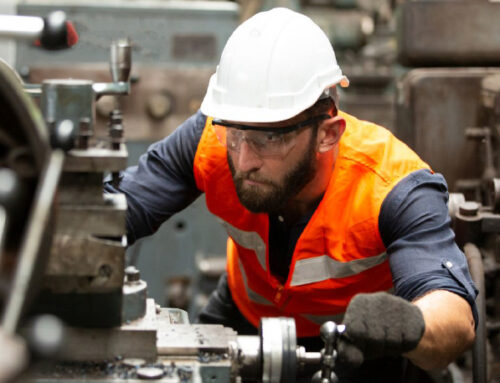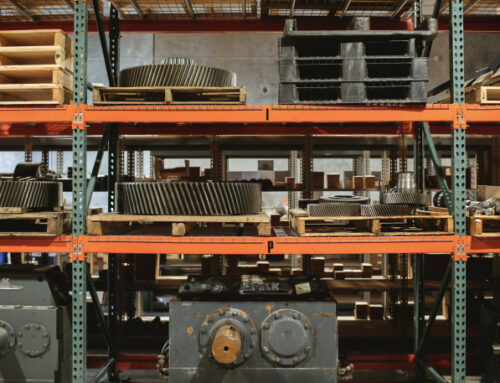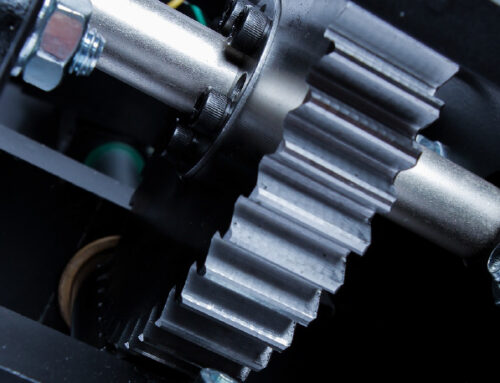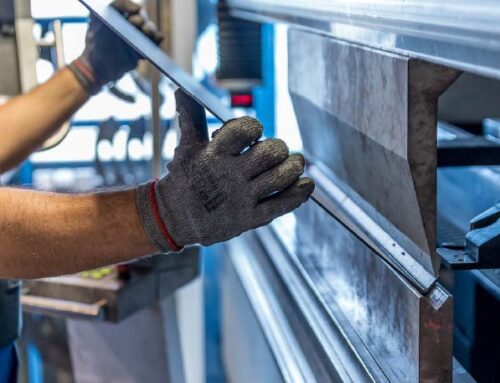The machines behind the global shipping industry are Falk gearboxes for marine and offshore applications. Each is responsible for the steady and efficient propulsion of shipping vessels, fishing boats, and even cruise lines. Today we’ll explore these vital pieces of equipment that drive the modern economy.
How Marine Industry Gearboxes Propel Today’s Ships
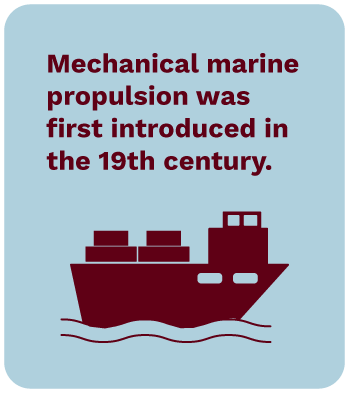
Mechanical marine propulsion was first introduced in the 19th century with the marine steam engine, which was replaced in the 20th century with diesel engines, outboard motors, or gas turbine engines.
The most common engine used among modern ships is a reciprocating diesel engine. This is because they are:
- Simple to operate
- Robust and capable of handling conditions at sea
The engine is connected to a rotating crankshaft which is connected to a propeller through a reduction marine industry gearbox to allow for variable speed and reverse speeds. The rotational energy that is provided by the diesel engines is translated into translational motion via either a propeller or a screw that powers the ship.
There are three speed classifications in modern ships based on their maximum revolutions per minute (rpm). The speeds are defined as:
- Slow speed (up to 300 rpm) which can have the engine directly connected to the propeller
- Medium speed (Between 300-1000 rpm)
- High speed (1000+ rpm)
Most merchant ships use either a slow or medium speed, although some smaller vessels might use a high speed diesel engine. Modern propellers are most efficient at slow speeds; however, ships capable of high and medium speeds often have one or two (or more) propellers with multiple engines connected through a marine industry gearbox.
If multiple engines are geared through a single shaft, each engine will likely have its own clutch. The unused engines can be disconnected from the gearbox while the others continue to run. This allows for maintenance while out at sea and away from port.
Other Types of Marine Propulsion
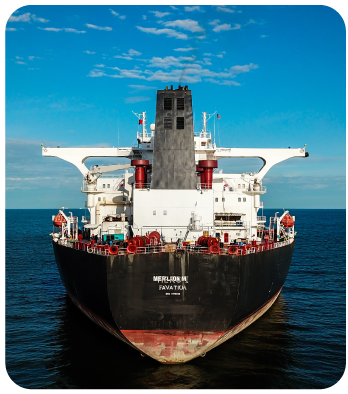
Wind Propulsion
Surprisingly, wind propulsion has begun to see something of a revival. While not likely to see a full reemergence due to the requirement of constant windiness to propel the ship, kite wind propulsion could be an option in future.
Nuclear Propulsion
Despite naval vessels using nuclear propulsion for over fifty years, many civilian ships have not developed much interest in incorporating nuclear power into their ship designs. However, due to rising fuel oil prices, some renewed interest in nuclear propulsion has occurred due to the lower carbon dioxide emissions and higher cruise speeds than conventional engines.
Fuel Cell Propulsion
Fuel cells use hydrogen as their primary fuel source, creating electricity without any combustion or harmful emissions. This type of propulsion has been seen as a vital alternative to diesel engines for the marine industry with many commercial models in development today.
The Importance of Proper Maintenance for Industrial Gearboxes
At NW Industrial Sales, LLC we understand the importance of regular maintenance of Falk gearboxes for marine and offshore applications. The naturally corrosive environment that these gearboxes work in means that regular maintenance is key to a successful shipping operation.
Falk gearboxes provide some of the strongest and durable industrial gearboxes on the market. Here are some basic tips to maintain your marine industry gearbox:
- Perform regular scheduled maintenance of the gearbox.
- Be sure to inspect the gearbox seals for oil leaks, which can be a sign of corrosion.
- Look for damage to the gears themselves. Having an on-hand source of surplus gearbox parts can help reduce any downtime.
- Check that the gearbox is not overheating.
- Be sure to use the lubrication recommended by the manufacturer.
Following these simple tips can help improve the longevity of any gearbox used for marine and offshore applications. If you are wanting more help with maintaining the efficiency of your operation and reducing costs, you may want to speak with one of our experts!
Quality Gear Reducers for Marine & Offshore Applications
NW Industrial Sales, LLC has over 70 years of combined experience servicing industrial gearboxes from a variety of industries, including the marine industry. We offer a full range of Falk products, fluid sealing solutions, and an expansive inventory of spare gearbox parts, gear reducers, and more. As agents of Rexnord Industrial Services, we grant you access to their nationwide maintenance network.
To learn more, or to speak with one of our specialists, contact us today. We are available 24/7 to help you.
